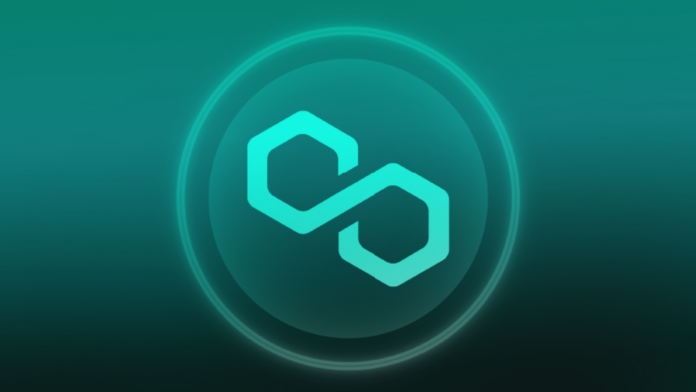Imagine a blockchain world where integration across various platforms is as seamless as browsing the internet. This is the future Polygon Labs envisions with the upcoming release of AggLayer in February, a new blockchain aggregation layer that promises to transform the way blockchain networks interact.
At its core, AggLayer is designed as a centralized protocol that bridges the gap between different blockchain networks. By aggregating zero-knowledge (ZK) proofs from these connected chains, it aims to tackle the longstanding issues of fragmentation and scalability plaguing the blockchain world.
The current state of blockchain networks, with their fragmented liquidity and disjointed user experiences, mirrors the isolation of the pre-internet era. It’s a landscape filled with standalone networks, each operating in its own silo. Polygon’s AggLayer seeks to disrupt this status quo by unifying these networks, much like the internet unified disparate computer networks.
Tracing the evolution of blockchain architectures provides context to the significance of AggLayer. Blockchain networks initially adopted a monolithic structure, integrating various functionalities like consensus, data availability, and execution within a single layer. This approach, while unified, faced limitations in scalability and security.
As the technology evolved, so did the architectures, shifting towards a modular approach. Here, multiple chains operated independently, each maintaining its sovereignty. However, this shift brought its own challenges, particularly in terms of liquidity and user experience. The resulting multi-chain ecosystems often required complex and inefficient bridging solutions, or in some cases, necessitated compromises in chain sovereignty.
Polygon’s AggLayer is poised to address this dilemma. It represents a new category in blockchain design, combining the sovereignty and scalability of modular architectures with the unified liquidity and user experience of monolithic systems. It’s a hybrid model that synthesizes these two approaches into a novel, more effective framework.
The introduction of AggLayer is more than a technological advancement; it’s a step towards a future where blockchain networks operate not in isolation but as part of an interconnected ecosystem. With its capability to aggregate ZK proofs from all connected chains, AggLayer facilitates near-instant cross-chain transactions, ensuring both safety and efficiency.
This development marks a significant milestone in the blockchain narrative. It heralds the transition from isolated networks to a flexible, interconnected framework, reimagining the operation of blockchain networks in unison.
In essence, Polygon’s AggLayer is not just an innovation; it’s a pivotal step towards an integrated, user-friendly blockchain environment, blending the best aspects of both modular and monolithic systems. This upcoming release is not merely about unveiling a new product; it’s about ushering in a new era in blockchain technology where interoperability isn’t just an aspiration but a tangible reality.
Polygon Labs, through AggLayer, is paving the way for a more interconnected and efficient blockchain ecosystem, laying the foundation for a future where blockchain’s potential is fully realized in a seamless, integrated network of networks.















